Here’s the Scoop on Sugar!
Posted on November 1, 2011 by Debra Burdick
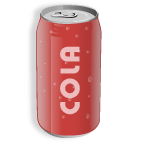 American kids (and adults) consume way too much sugar. According to the American Heart Association, toddlers are getting 12 teaspoons (tsp.) of sugar per day compared to the recommended 4 tsp., school-aged children are consuming 21 tsp instead of the recommended 3 tsp, and teens are getting up to 34 tsp instead of the recommended 5 to 8 tsp. That’s a lot of sugar! Think about it. A 20 ounce bottle of Crush soda can contain 83 grams of sugar. That’s almost 21 teaspoons of sugar in one drink!
American kids (and adults) consume way too much sugar. According to the American Heart Association, toddlers are getting 12 teaspoons (tsp.) of sugar per day compared to the recommended 4 tsp., school-aged children are consuming 21 tsp instead of the recommended 3 tsp, and teens are getting up to 34 tsp instead of the recommended 5 to 8 tsp. That’s a lot of sugar! Think about it. A 20 ounce bottle of Crush soda can contain 83 grams of sugar. That’s almost 21 teaspoons of sugar in one drink!
Does sugar impact our ability or our child’s ability to concentrate? Does it have an affect on hyperactivity? Does it increase irritability or effect mood? Does it rev us up and the make us sluggish?
The general consensus of the scientific literature is that sugar does NOT lead to hyperactivity. For example, in 1985, Dr. Mark Wolraich published the most influential study demonstrating that sugar plays no role in ADHD. The same group later published a review article that concluded “the few studies that have found effects have been as likely to find sugar improving behavior as making it worse.”
Unfortunately, some of us have children who have not read these studies. As adults we may have already discovered how sugar affects us. And as parents we probably have already noticed some of the effects that sugar has on our kids. My daughter was only two (and later diagnosed with ADHD) when my Dad let her get into the sugar bowl the day we were flying home from vacation. She became exceptionally hyperactive and was very hard to control in the airport. She wanted to run and kept wriggling out of my arms (and believe me I was holding her tight) and running away at top speed. It was a nightmare of a day for both of us. She was very sensitive to the effects of sugar on her system.
Studies do show that sugar can lead to decreased attention. Wender and Solanto looked for, but did not find a relationship between sugar and aggression. Instead they found that inattention, as measured by a continuous performance task, increased only in the ADHD group following sugar ingestion. According to this study, sugar ingestion as part of a high carbohydrate meal will make inattentiveness worse in some children with ADHD, more so than for a child without ADHD.
Girardi and his team at Yale found that sugar ingestion triggered metabolic abnormalities in ADHD children. Other studies show children (with and without ADHD) who don’t eat breakfast don’t perform as well in school.
Besides the possible effect on attentiveness, sugar contributes to childhood obesity that is now epidemic in the US. It also contributes to poor cardiovascular health, diabetes, and as any parent knows, sugar can result in mood swings, meltdowns, and tantrums. This is probably because a sudden increase in blood sugar will trigger an increase in insulin which will rapidly lower the sugar level in the blood. A low sugar level worsens the already low brain arousal level of the ADHD child and aggravates behavioral problems. Then you will have a cranky, irritable, and unmotivated child.
 Therefore, it is important to pay attention to the sugar content of the food you and your child eat. Get in the habit of reading the label on processed food to see how much sugar is in the food. You may be surprised to see how much sugar content varies among similar brands of food. Choose the lower sugar content foods whenever possible.
Therefore, it is important to pay attention to the sugar content of the food you and your child eat. Get in the habit of reading the label on processed food to see how much sugar is in the food. You may be surprised to see how much sugar content varies among similar brands of food. Choose the lower sugar content foods whenever possible.
Avoid giving in to the ease of sugary foods like toaster tarts, cereal that is loaded with sugar and artificial colors, and other foods high in simple carbohydrates. These will give you or your child a surge of sugar in the bloodstream followed by a dumping of energy by midmorning.Look for cereals with no more that eight grams of sugar per serving. (Whole Grain Cheerios has 1 gram.) Serve eggs, whole-grain toast, or protein shakes made with fruit. Provide your child with fruit, raw vegetables, nuts, seeds, and whole grains.
Introduce the lower sugar diet gradually. It may take anywhere from two weeks to six months depending on your family’s level of sugar consumption, attachment to sweet foods, and temperament. Involve the kids in picking out foods and teach them how to read the labels.
When you limit sugary foods you maintain a steady blood sugar level. This helps you stay energized and alert throughout the day. Provide a lower sugar diet for yourself and your family at home. Practice choosing lower sugar foods when you eat out or buy fast food. Fill you refrigerator with wholesome snacks such as fresh fruit, nuts, and low fat cheese. Look for lower sugar peanut butter, yogurt, and naturally flavored waters. Even juices with no added sugar still contain lots of sugar from fruit sources. The American Academy of Pediatrics recommends limiting fruit juice to 6 ounces for kids under 7 and 12 ounces for older kids. Your children will develop a healthy diet from your example.
Be careful not to substitute artificial sweeteners for sugar. Artificial sweeteners such as aspartame are not a healthy substitute for sugar. Some experts call them neurotoxins and some people are extremely sensitive to them. Instead look for foods that are naturally low in sugar.
When I was on a completely sugar free diet for a long time, my tastes buds changed and ordinary food tasted very sweet. I’ll never forget how sweet a cold, baked sweet potato tasted that I brought to work for a snack. When you serve a diet generally low in sugar, you and your kids will not crave all those junk food sweets. Use them in moderation as a treat, if at all. For special occasions such as birthdays or Halloween serve a high-protein meal or snack before the sweets are served. This will keep blood sugar from rising as much.
I would love to hear your personal experiences with this topic.

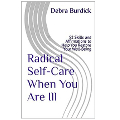

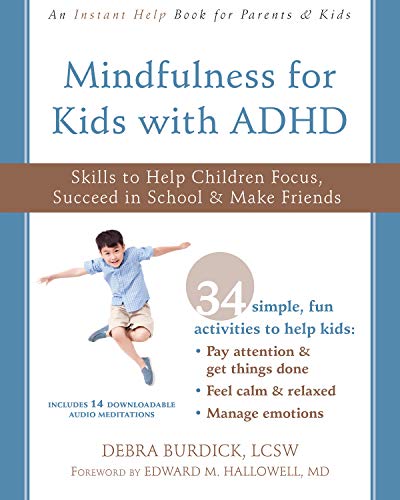
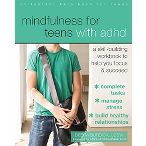
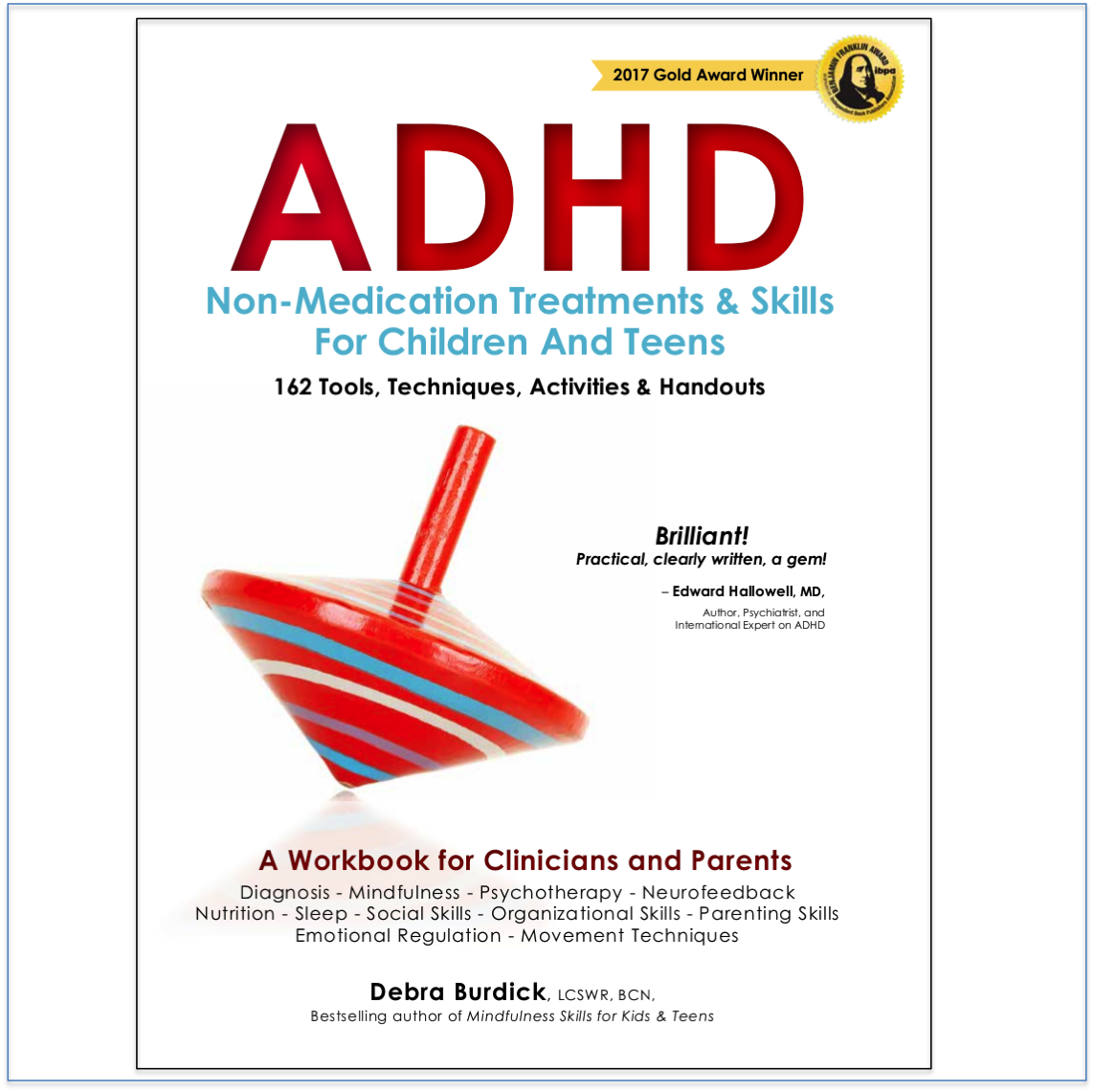
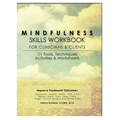
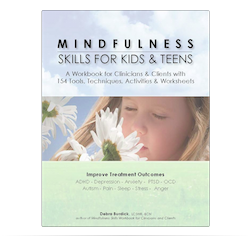
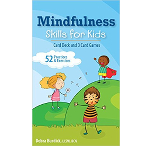
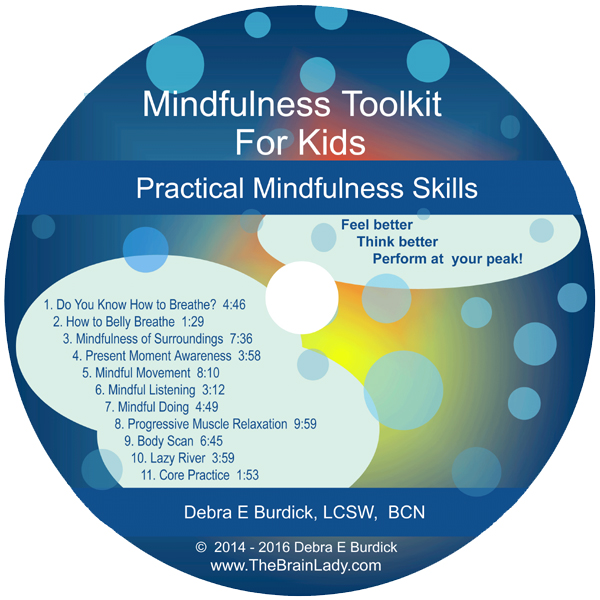
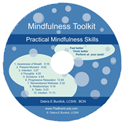
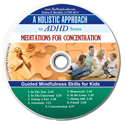
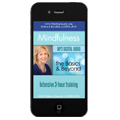
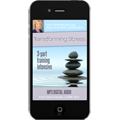
No comments yet. You should be kind and add one!
The comments are closed.